Pope Francis Apologizes for Use of Offensive Term During Private Bishops Meeting on LGBTQ+ Issues
In a recent turn of events, Pope Francis, at the age of 87, has issued a formal apology following the emergence of reports that he used a deeply derogatory term to refer to the LGBTQ+ community. This incident took place during a private meeting with bishops at an Italian bishops’ conference. The controversial term in question is 'frociaggine,' which translates roughly to 'f*****ness' or 'buggery' in English. This meeting was specifically convened to discuss the sensitive issue of allowing celibate gay men to undergo training for the priesthood at Catholic seminaries, a topic already fraught with complexity and varying opinions within the Church.
During this pivotal meeting, Pope Francis expressed his opposition to the idea, emphasizing that such a policy might create an environment conducive to a duplicitous life. According to multiple sources, the Pope’s use of the offensive term, whether intended or a momentary lapse, has caused significant controversy and garnered criticism from various quarters. The Vatican swiftly confirmed the incident and acknowledged the Pope's subsequent apology. However, the nature of the apology has left many questioning whether the offensive term had been intentionally used or if it had simply slipped out in an unguarded moment.
The context of the bishops' meeting was set against the backdrop of ongoing discussions about the future of the Catholic priesthood and the inclusion of gay men under the vow of celibacy. Pope Francis’ stance, as voiced in the meeting, highlights the concern that permitting celibate gay men into seminaries might lead to a dual life, which the pontiff views as potentially harmful to the values upheld by the clergy. This viewpoint, particularly when coupled with his controversial choice of words, has ignited a broader debate on the Pope's true stance regarding LGBTQ+ inclusion within the Church.
Reactions and Calls for Clarification
Following the Pope’s remarks and subsequent apology, reactions have been swift and polarized. Advocacy groups for LGBTQ+ rights, as well as progressive factions within and outside the Church, have called for more than just an apology. They are demanding a clear and unequivocal statement from Pope Francis that addresses both the use of the offensive term and the Vatican's position on LGBTQ+ issues in a broader sense. Many feel that the Pope's apology, though necessary, is insufficient in mitigating the hurt and disappointment felt by the LGBTQ+ community and their allies.
Critics argue that this incident marks a setback in what had been perceived as a more inclusive trend under Pope Francis’ leadership. Since assuming the papacy, Pope Francis has been noted for his relatively progressive stance on various issues compared to his predecessors. Statements such as 'Who am I to judge?' when referring to gay individuals seeking God have offered a glimmer of hope to many seeking a more accepting Church. However, the recent incident has cast a shadow over these moments of perceived progress.
The Pope's Track Record on LGBTQ+ Issues
Pope Francis' tenure has been marked by a series of statements and actions that suggest a nuanced position on LGBTQ+ issues. While his open-hearted comments have been lauded by some, his reluctance to fully endorse same-sex relationships or the ordination of gay priests continues to spark debate. The Catholic Church’s official doctrine remains firm in its stance that homosexual acts are sinful, even though it distinguishes between the acts themselves and the individuals. This distinction creates a complex landscape in which the Pope’s words and actions are continually examined and interpreted.
In previous dialogues, Pope Francis has made overtures towards greater inclusivity, such as calling for civil unions to be legally protected and demanding respect and compassion for LGBTQ+ individuals. Yet, these positions often clash with the more conservative elements of the Church, leaving many faithful in a state of ambiguity. The Vatican's official stance on the incident has, unsurprisingly, tried to walk the tightrope between acknowledging the error and maintaining doctrinal integrity.
The Importance of Language and Sensitivity
The incident underscores the vital importance of language and sensitivity, particularly when discussing topics as fraught and personal as identity and sexuality. Words carry weight, and their impact can resonate deeply, especially when spoken by individuals in positions of great authority and influence. For members of the LGBTQ+ community, hearing the use of derogatory language from the Pope not only stings on a personal level but also signals a broader ambivalence or resistance towards inclusion within the Church.
In a world that is increasingly advocating for inclusivity and acceptance, the Pope's choice of words serves as a stark reminder of the challenges that lie ahead. Advocates argue that true progress will require more than cautious statements and apologies; it will necessitate a fundamental shift in the Church's engagement with LGBTQ+ issues, one that goes beyond mere tolerance to genuine acceptance and love.
Moving Forward: A Call for Dialogue and Understanding
The path forward after such an incident involves more than just rectifying a momentary lapse. It calls for a deeper, ongoing dialogue within the Church on how to approach LGBTQ+ issues in a manner that is both compassionate and true to its teachings. This requires not only the leadership of the Pope but also the active participation of bishops, theologians, and laypeople. The recent incident might serve as a catalyst for such conversations, encouraging a reevaluation of attitudes and practices regarding LGBTQ+ clergy and congregants.
Actions such as creating inclusive policies, offering pastoral care, and engaging in open dialogues can help bridge the gap between traditional teachings and the evolving understanding of human sexuality. Additionally, training programs for seminarians and clergy could include comprehensive education on LGBTQ+ issues, promoting empathy and understanding rather than perpetuating stigma.
The Role of Faith in Bridging Divides
Faith communities have the potential to be powerful agents of change, offering support and solidarity to marginalized groups. For the Catholic Church, embracing this role means finding ways to reconcile its doctrines with the lived experiences of LGBTQ+ individuals. This does not imply a compromise of beliefs but an expansion of understanding, recognizing the humanity and dignity of every person.
As the Church navigates these complex waters, the leadership of Pope Francis remains pivotal. His ability to guide the Church through this period of reflection and transformation will be instrumental in shaping its future approach to inclusivity. Whether the recent incident becomes a stumbling block or a stepping stone towards greater acceptance depends on the actions and dialogues that follow.
Ultimately, the apology from Pope Francis marks a moment of reckoning. It invites not just reflection but action, challenging the Church to live up to its calling of love and respect for all individuals. By fostering an environment of openness and inclusivity, the Catholic Church can take meaningful steps towards healing and unity, affirming its commitment to loving and serving all of God's children.
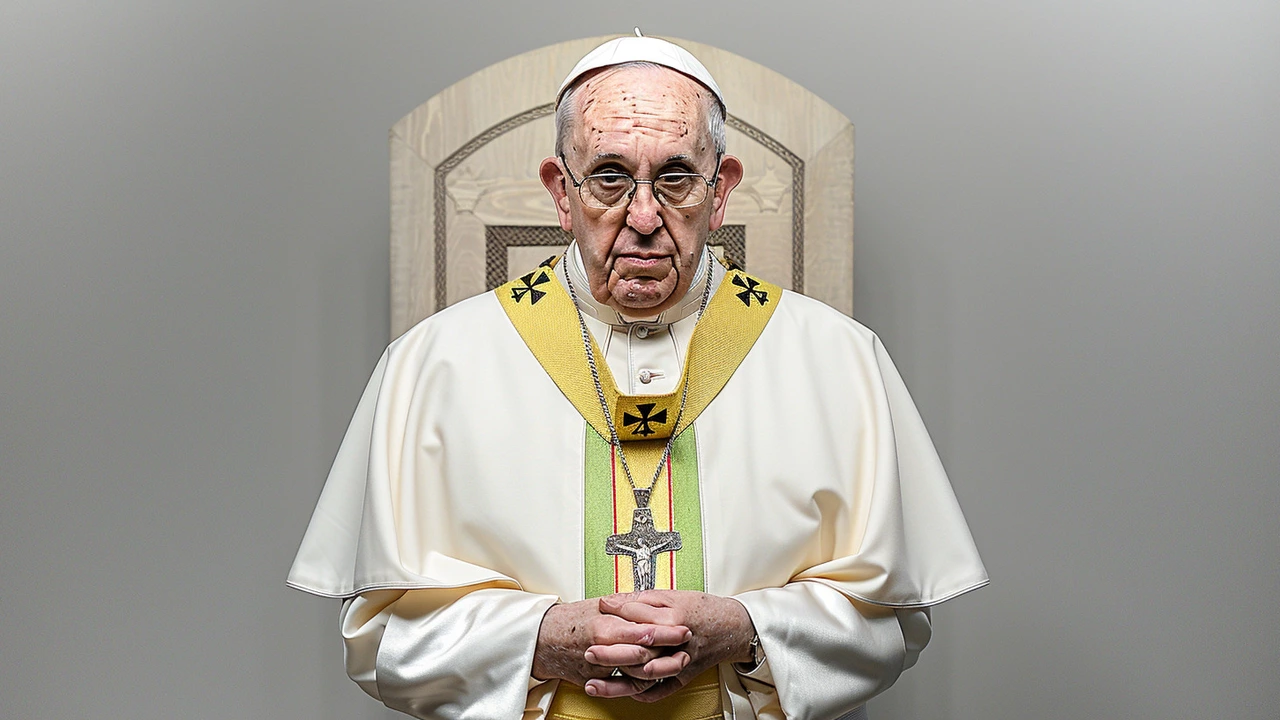
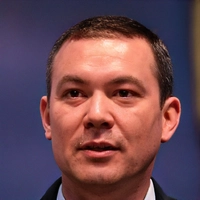
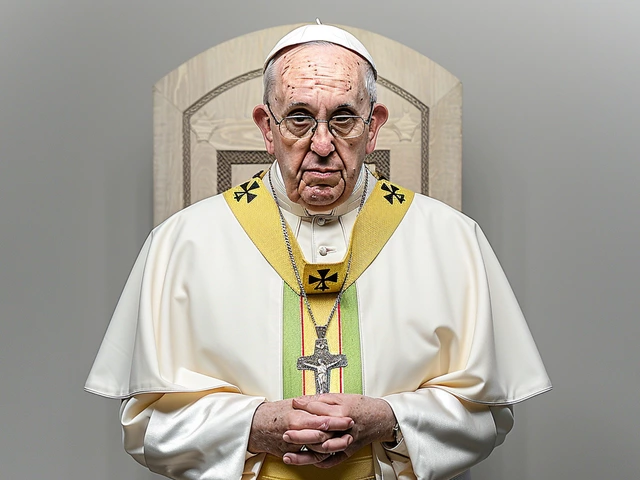



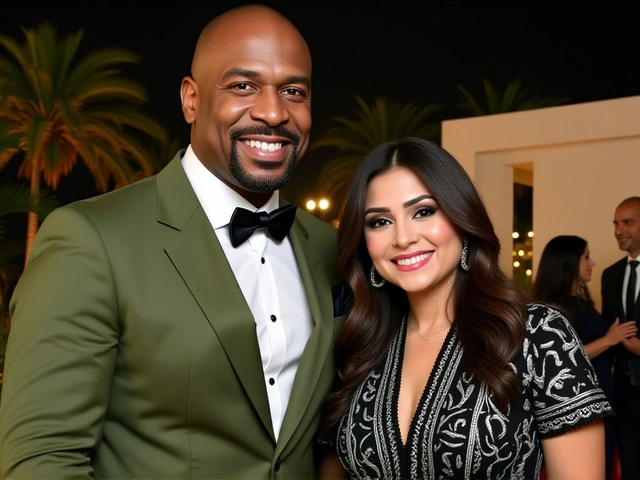
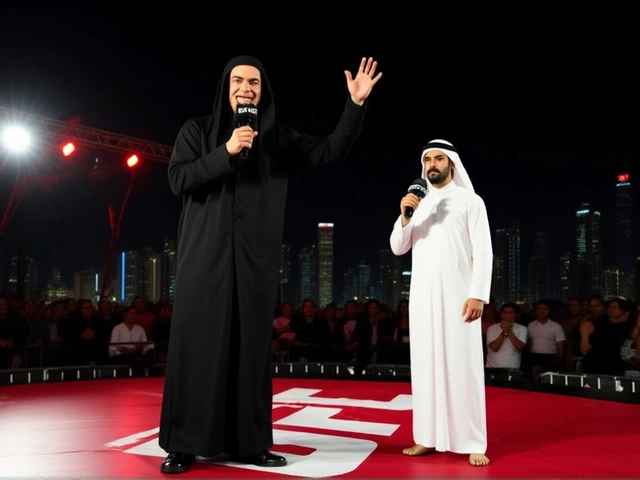
Write a comment